Sudan at a Crossroads: Food Systems, Hunger, and Humanitarian Aid During Civil Conflict
In April 2023, Sudan descended into a violent civil war that has displaced more than 8 million people, destroyed critical infrastructure, and left half the country’s population in need of humanitarian assistance. More than one year later, the unresolved conflict threatens agricultural production, agroprocessing, and trade, exacerbating Sudan’s status as a failed state. Sudan’s trajectory is therefore relevant for the broader community of scholars and practitioners working to enhance food systems and food security in fragile states facing complex humanitarian emergencies.
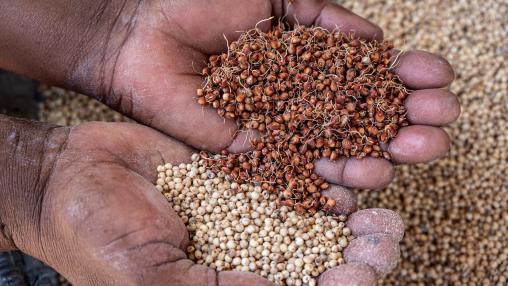
Southern Africa drought: Impacts on maize production
Parts of Southern Africa have been experiencing a severe drought since late 2023, fueled in large part by the ongoing El Niño Southern Oscillation. Falling harvests have led to disaster declarations in Malawi, Zambia, and Zimbabwe and affected countries across the region. In particular, maize yields have fallen sharply, threatening food security for millions of households depending on this key staple for a significant share of total calories consumed on a daily basis (Figure 1).
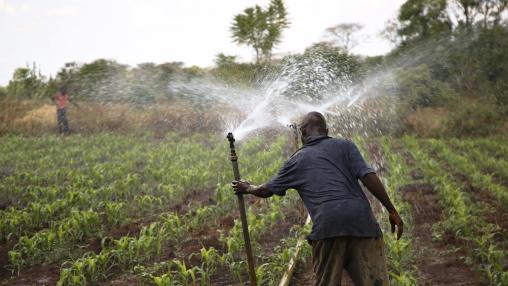
Evaluating Fertilizer Subsidies in Malawi
Since the 1950s, Malawi has used a national fertilizer subsidy program as a way to spur use of inorganic fertilizers, boost domestic maize production, and ensure food security and self-sufficiency for smallholder farmers. According to new working paper from the Malawi Strategy Support Program, however, the national subsidy program may not be the most efficient investment for improving the country’s food security and domestic production goals.
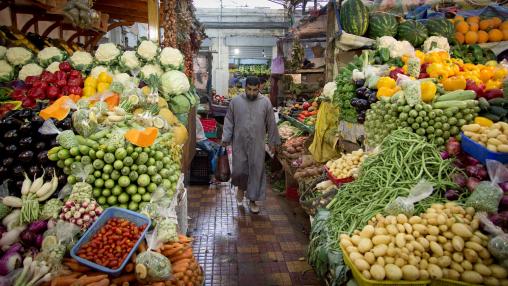
Transforming African Agriculture through Inclusive Agricultural Value Chain Development
Africa’s agricultural sector has the potential to drive important economic growth and development in the region. Agriculture accounts for 16 percent of Africa’s annual GDP and employs over half of its labor force, particularly youth and women workers. Despite the sector’s vast potential, however, African agriculture remains hampered by low resource productivity and little or no value addition; shocks like climate change, ongoing regional and local conflict, and supply and market disruptions resulting from the COVID-19 pandemic and global conflicts have only exacerbated these challenges.
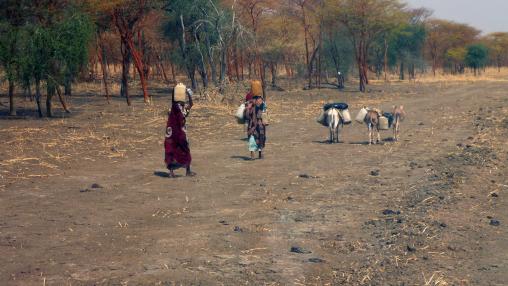
Expanding conflict brings new food security challenges for Sudan
Conflict continues to drive acute food insecurity and food assistance needs in Sudan, according to a recent FEWS Net alert.
Fighting in the country has expanded into Sudan’s southeast region, a major agricultural production and food storage area. The region typically accounts for more than 50 percent of Sudan’s annual domestic cereal production. Conflict-led disruptions to both agricultural production and trade, including destruction of infrastructure, pose a substantial threat to food availability throughout the country, reports FEWS Net.
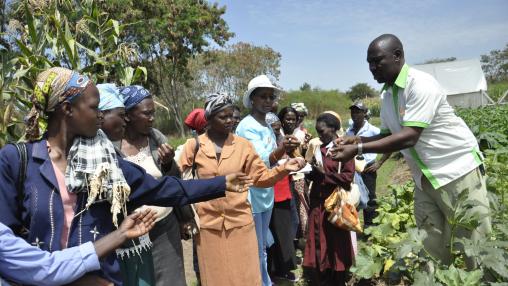
Packaging Climate-Smart Agricultural Practices to Increase Farmer Adoption: Evidence from Nigeria
Extreme weather events and the long-term impacts of climate change pose a major risk for Africa south of the Sahara, threatening agricultural production and economic growth and hindering efforts to reduce poverty and food insecurity. Climate-smart agricultural practices (CSAPs) can help farmers better adapt to and mitigate these risks; however, the adoption of such practices in the region remains low.
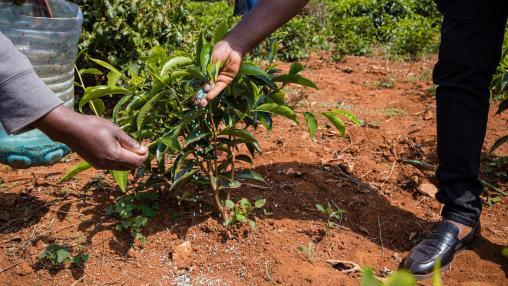
How is Kenya’s National Fertilizer Subsidy Program working?
The Kenyan National Fertilizer Subsidy Program (NFSP), implemented during the short rainy season in September 2022, has emerged as a pivotal policy in the government’s efforts to expand food production and mitigate soaring food prices.
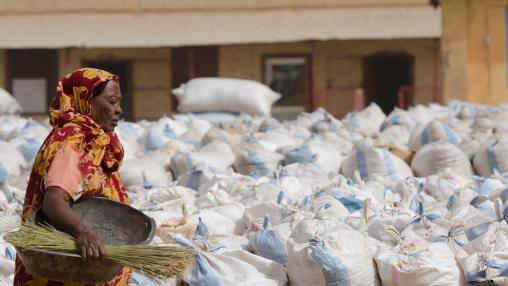
Sudan’s ongoing conflict disrupts agrifood processing and aggravates unemployment
The continuing conflict in Sudan between the Sudan Armed Forces (SAF) and the paramilitary Rapid Support Forces (RSF), underway since April 2023, is inflicting devastating impacts on the country’s economy and on livelihoods. Model estimates show that production declines across different sectors have resulted in a loss of about $10 billion to GDP—about a third—as of September.
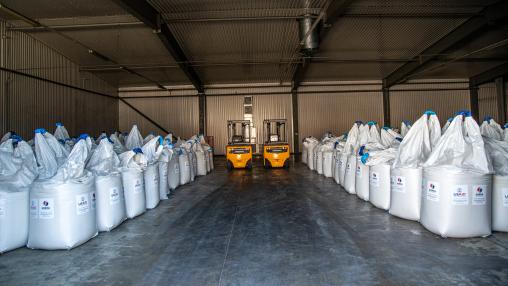
Fertilizer policies amid global supply and price shocks
Achieving efficient and effective fertilizer usage in agricultural production is a critically important economic and environmental policy objective for countries at all stages of economic development, although the nature of the policy problem may vary radically in different contexts.
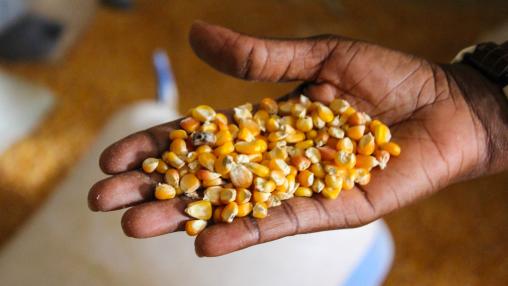
Battling Micronutrient Deficiencies in Senegal and Rwanda: Evidence from 2023 ATOR
Africa’s progress toward hunger and poverty reduction has faced significant setbacks in recent years. Multiple shocks, including global and regional conflicts and the impacts of the COVID-19 pandemic, have increased the prevalence of undernutrition and child malnutrition; in addition, significant micronutrient deficiencies persist in the region.